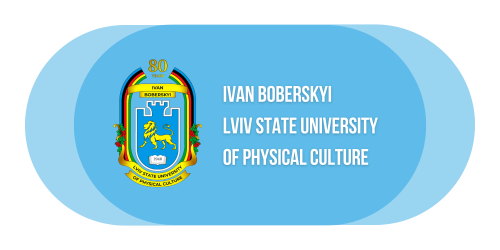| University degree and qualification | Doctor of Philosophy (PhD)
PhD in Tourism |
| Official name of the curriculum | Tourism and Recreation |
| Type of diploma and scope of the curriculum | Diploma of PhD, 58 ECTS credits (educational component) |
| Accreditation | Conditional (deferred) accreditation until 21.04.2024 |
| Cycle/level | Ukrainian National Qualifications Framework – level 9,
FQ-EHEA – cycle 3, ЕQF-LLL – level 8 |
| Prerequisites | Master’s degree (specialist level) |
| Language(s) of instruction | Ukrainian |
| Duration of the curriculum | 4 years |
| Internet address of the curriculum description | https://www.ldufk.edu.ua |
| Subject area and field | Object of study:
tourism as a social phenomenon, a type of economic activity and a complex socio-natural system that encompasses geographical, socio-economic, environmental, organizational and legal aspects, is based on value orientations, intercultural interaction and sustainable development, is an important component of state and regional policy, a component of professional education and an object of tourism research. Theoretical content of the subject area: tourism, its structure and methodological principles of research; tourism systems, destinations; concepts of tourism; geospatial organization of tourism activities; innovative development, modernization of tourism systems; organization of tourism activities, management of tourism enterprises; socialization of tourism; tourism safety. |
| Orientation of the curriculum | Educational and scientific, innovative |
| Main focus of the curriculum | The scientific curriculum involves formation of a scientific worldview, creation of new holistic knowledge and/or professional practice, development of the competencies necessary for carrying out scientific research and education in higher educational institutions, and solution of tourism development problems at various spatial, structural and functional levels based on the modernization paradigm as a result of scientific research.
Keywords: tourism, scientific research, scientific and pedagogical activity, innovations, modernization. |
| Features of the curriculum | Interdisciplinary, multidisciplinary training of highly qualified research specialists, capable of generating new knowledge in the field of tourism and developing mechanisms for its practical application with an emphasis on the regional context, which is based on an integral combination of educational and scientific components.
The educational component ensures formation of research, educational and scientific competencies for the third (educational and scientific) level necessary for conducting tourism research, scientific and pedagogical activities in the specialty at a high level. The scientific component involves conducting of individual scientific research supervised by the leading specialists of LSUFC within the subject field of specialty 242 “Tourism and Recreation”, publication of its results in scientific articles, monographs, approbation at conferences, seminars, implementation in the practice of enterprises, organizations and in the educational process. |
| Eligibility for employment | Graduates are eligible for the positions with qualification requirements of a PhD degree, in particular the research scientific and pedagogical work in higher educational institutions, research institutions, government agencies, etc.
A graduate can be an expert, consultant, and advisor on professional issues in state and private organizations, executive authorities, local governments, and public organizations. A graduate can be employed for the following positions, according to the state classifier of professions DK 003:2010:
|
| Further education | Advanced study for a Doctoral degree
|
| Assessment | Educational component. Knowledge assessment is carried out based on the results of current and final tests, exams, implementation and defence of course projects, defence of practices. Assessment of learning outcomes is carried out on the principles of objectivity, systematicity and coherence, and clarity of the assessment methodology.
Scientific component. Assessment is carried out on the basis of quantitative and qualitative indicators, characterized by the preparation of scientific papers and individual parts of the dissertation in accordance with the approved individual plan of the postgraduate student’s scientific work; testing of research results at scientific conferences, seminars, etc. Results of the postgraduate student’s individual plan are presented at a semester public report and the final annual certification. |
Ivan Boberskyi Lviv State University of Physical Culture
